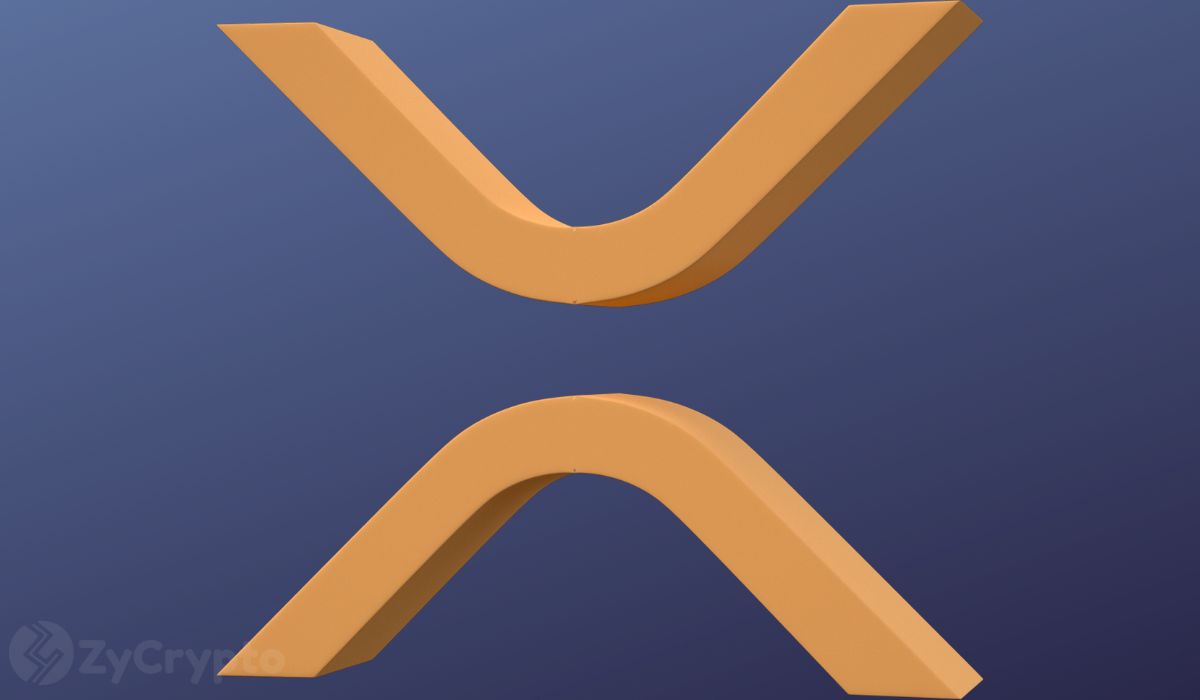ARTICLE AD BOX

Telefónica, a global telecommunications company, has forged a strategic alliance with Chainlink Labs, a prominent player in the blockchain space. This partnership aims to leverage Chainlink Functions, recognized as a top-tier Web3 connectivity solution. By integrating Telco capabilities into the blockchain industry, Telefónica and Chainlink are addressing the growing need for secure and reliable data transmission within decentralized networks. Chainlink Functions serve as a critical component in this collaboration, facilitating the seamless connection between blockchain-based smart contracts and real-world data sources.
These oracles play a pivotal role in ensuring the accuracy and integrity of data used in automated decision-making processes within the Web3 ecosystem. In essence, Telefónica’s partnership with Chainlink signifies a significant advancement in the integration of telecommunications infrastructure with blockchain technology. This integration not only enhances the functionality of decentralized applications but also reinforces the security measures essential for the widespread adoption of Web3 solutions.
GSMA Open Gateway Initiative and Recent Security Breach
The GSMA Open Gateway initiative introduces standardized Telco APIs aimed at bridging the gap between telecommunications and the Web3 ecosystem. These APIs, developed under the guidance of the GSMA, provide a framework for integrating pioneering Telco capabilities into decentralized networks. One of the primary objectives of the initiative is to address various challenges within the Web3 space, such as fraud prevention and secure account creation, by leveraging the robust infrastructure of telecommunications networks.
Recently, the U.S. Securities and Exchange Commission (SEC) fell victim to a security breach attributed to a SIM swap attack. This breach occurred when unauthorized entities gained control of the SEC’s official account on a social media platform, leading to the dissemination of false information regarding the approval of bitcoin exchange-traded funds. This incident underscores the pressing need for heightened security measures within the Web3 ecosystem to mitigate the risks posed by such attacks.
Given the increasing prevalence of SIM swap attacks and similar security threats, bolstering security measures has become imperative in safeguarding the integrity of decentralized networks. The GSMA Open Gateway initiative plays a crucial role in this regard, offering a robust framework for enhancing security protocols and fortifying defenses against malicious activities in the Web3 ecosystem.
Also Read: Chainlink (LINK) And Solana (SOL) Gearing Up For Major Price Rally Ahead
Enhancing Security with GSMA Open Gateway SIM SWAP API and Chainlink
The integration between the GSMA Open Gateway SIM SWAP API and Chainlink Functions marks a significant milestone in bolstering security measures within the Web3 ecosystem. This collaboration allows for the seamless connection between telecommunications infrastructure and blockchain technology, enhancing the overall security and reliability of decentralized networks.
Beyond transaction security, this integration offers broader security benefits for Web3 applications and decentralized finance (DeFi) services. By leveraging the GSMA Open Gateway API via Chainlink, developers can enhance two-factor authentication (2FA) mechanisms and implement more robust fraud detection protocols. This comprehensive approach to security not only safeguards against SIM swap attacks but also strengthens overall security measures within the Web3 ecosystem, promoting trust and reliability among users and stakeholders alike.
The post Just-In: Telefonica Partners Chainlink Boosting Security Against SIM Swap Scams appeared first on CoinGape.
.png)
 11 months ago
5
11 months ago
5








 English (US)
English (US)